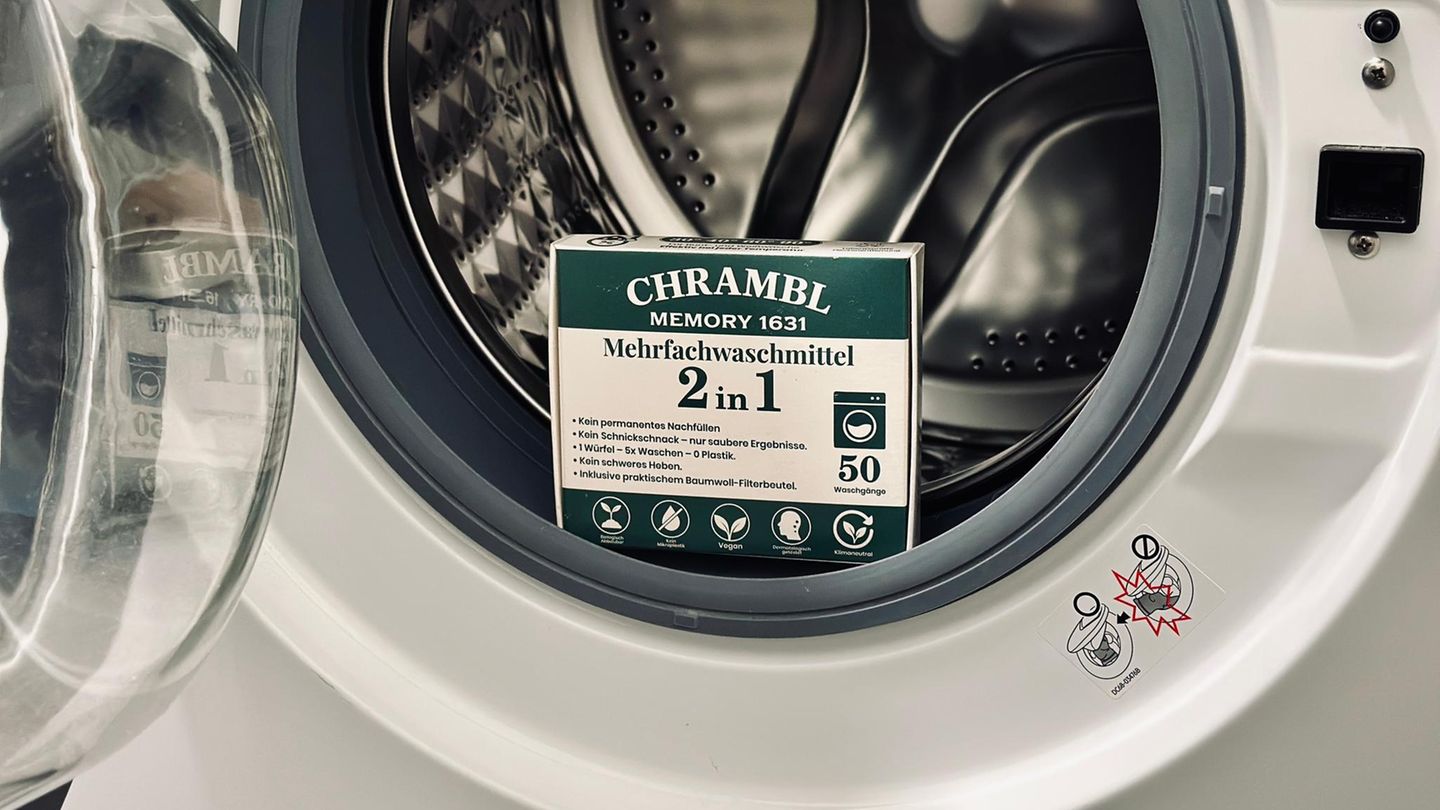The allergies in petsespecially in dogs and catsThey are a growing concern for many owners. Like human beings, our domestic animals can develop reactions to various substances present in their environment. Which are triggered by factors Environmental such as pollen, dust mites, mold or chemicals; By components Food specific; or even for contact with other animals or people.
His Immune system reacts exaggerated and leads to the appearance of little everyday symptoms, such as itch Intense, excessive launch or hair loss. There are even certain races that have a greater genetic predisposition to develop them, such as the Golden Retriever for example.
Dogs 2 ..webp
In this context, the increase in cases of pet allergies generated greater awareness about the importance of a diagnosis appropriate veterinarian and comprehensive management that includes medical treatments and care at home. Understanding symptoms, identifying triggers and applying prevention is essential.
The allergies in dogs and cats
The allergies They are not exclusive to humans: our dogs and cats can also suffer. It’s about exaggerated reactions of the immune system before common substances such as pollen, mites, certain foods, cleaning products or even insect bites and contact with other animals.
But, unlike people, four -legged companions do not usually manifest their symptoms through sneezing or coughing; Instead, they have little everyday signs but that can go unnoticed if you are not attentive. These include persistent itching, excessive licking, skin redness, recurrent infections on the skin or ears, head shocks, crying eyes and hair loss.
In felines, for example, a frequent indication is the Excessive grooming. “Cats should not tear their hair to groom. If bald areas begin to appear, although the skin looks normal, it could be an allergic reaction,” said veterinarian Karen Woodard, medical director of “Thrive Pet Healthcare.”
Cats 3.jpg

In addition, certain dogs and cats have a greater hereditary tendency to develop reactions due to specific genetic factors. For example, races such as French bulldog, West Highland White Terrier and Golden Retriever are more likely to suffer from atopic dermatitis and other allergic conditions. In felines, meanwhile, Siamese and Persian also show greater sensitivity.
Treatments and care to avoid allergies in our pets
He treatment of pet allergies requires a Complete approach. The first is to identify the cause by means of Veterinary tests (as blood test or intradermal exams). Once the allergen is detected, the management can include antihistamines, corticosteroids, specific products for the care of your hair, special diets or immunotherapy.
But, we must remember that the prevention Play a key role. Keep a good hygiene at home (frequently aspirate, wash blankets and eliminate dust), use hypoallergenic products and offer a feeding quality helps reduce outbreaks.
According to the agency “The Associated Press” (AP), veterinarians recommend periodically wash the animal’s bedding, dry their fur with a wet cloth after the walks and bathe it regularly. It is also essential to avoid taking them out on days of high pollination or after fumigation.
Source: Ambito
I am an author and journalist who has worked in the entertainment industry for over a decade. I currently work as a news editor at a major news website, and my focus is on covering the latest trends in entertainment. I also write occasional pieces for other outlets, and have authored two books about the entertainment industry.




